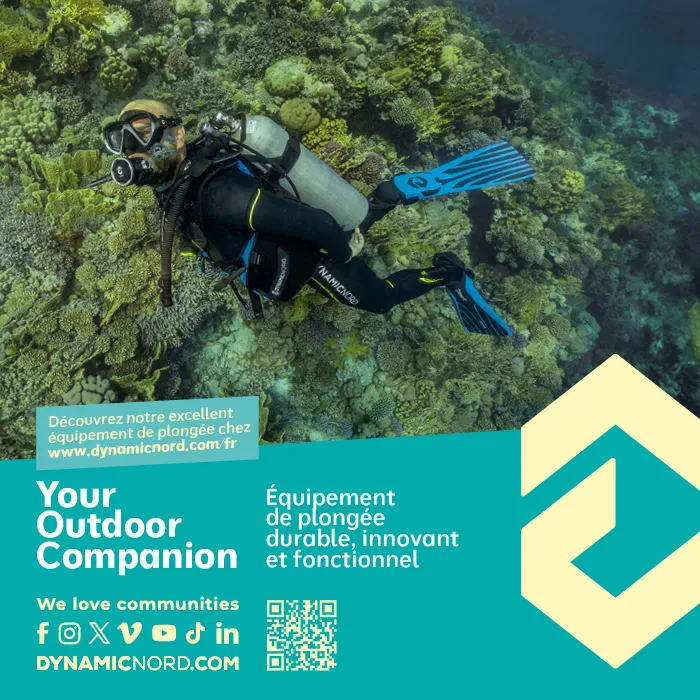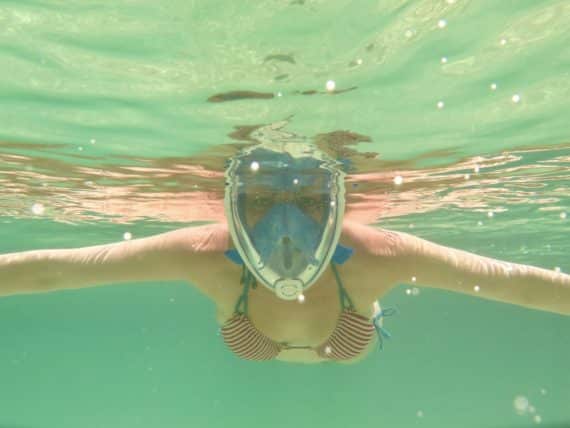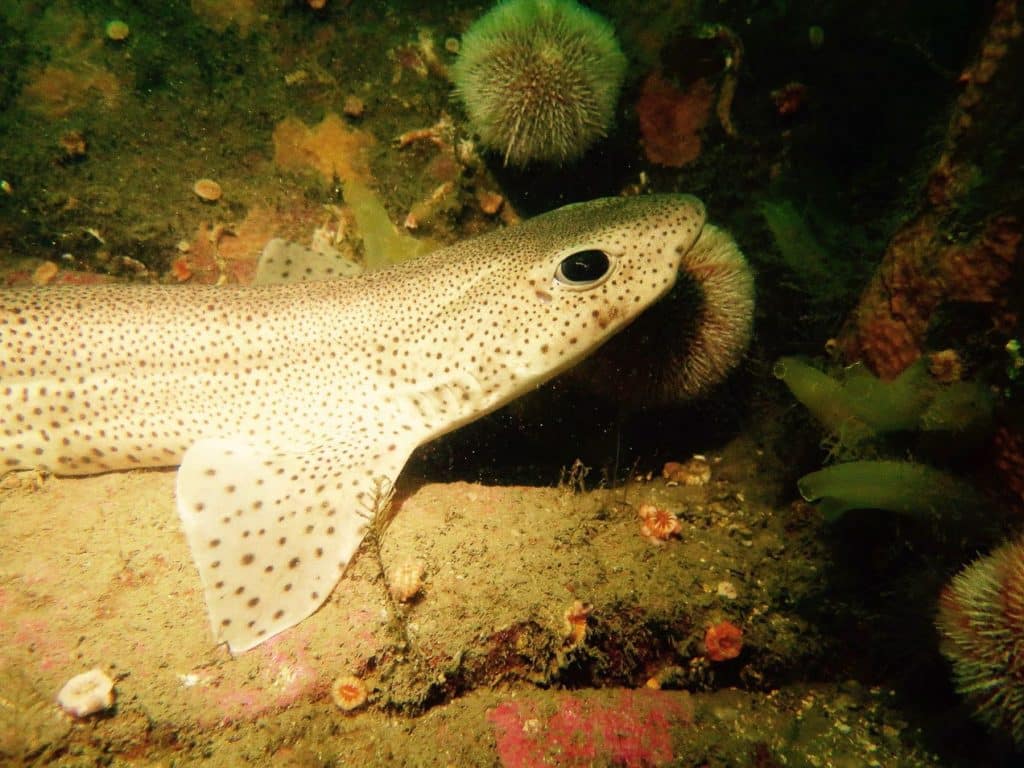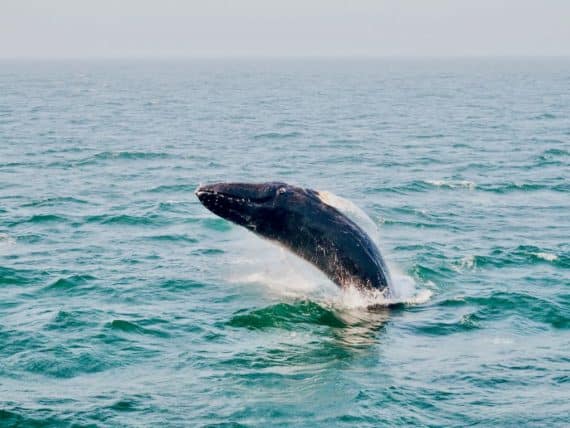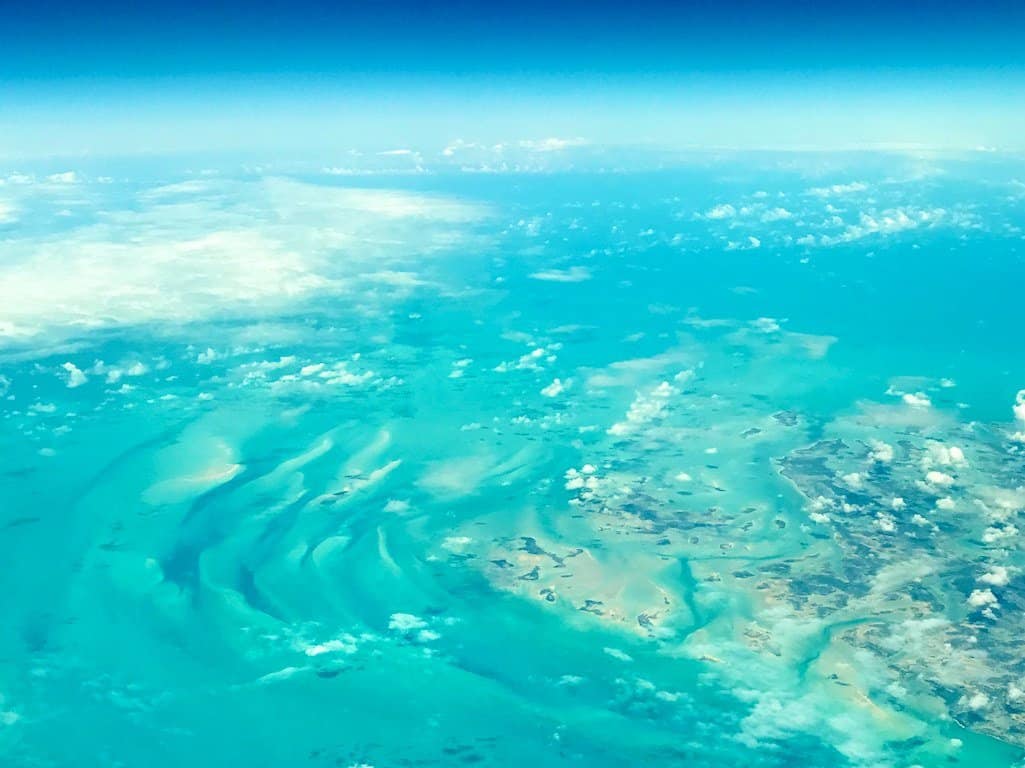Such a small larva and such great hope for the oceans

A little caterpillar of hope with a small larva ?
The journal Current Biology describes this tremendous discovery. A small larva Galleria mellonella (a butterfly spread in Europe) is able to ingest and transform polyethylene very quickly. It is certainly one of the most resistant (and most polluting) plastics on the planet.
Currently, billions of plastic bags are used each year producing millions of tons of waste. Many of which are found in nature near small larva.
It is estimated that nearly 10 million tonnes of plastic waste reaches the oceans annually. Where they will take up to 400 years to degrade … if they do not end up in the stomach of creatures (also small larva) We like to observe (fish, turtles, …). That is to say if for us, divers, the hope of seeing this pollution disappear is important. Indeed, diving enthusiasts tend to develop attitudes respectful of the aquatic environment in which they like to evolve and protect.
Read | Diver : 10 Simple Tips To Take Care Of Your Mind
The discovery of the extraordinary power of biodegradation of plastic by these small larva was made by a beekeeper researcher (a field in which larvae are frequent). It remains to understand the mechanism used by the small larva to degrade the plastic in order to use this process to eliminate it before it is lost in nature.
Finally a solution to end once and for all with pollution on land but also in the seas and oceans with a small larva ?
Don’t forget… to be happy and have a great day 😃
Hélène
Read also :
- How Trump Opens A Marine Area To Commercial Fishing
- Shark Protection: The Initiative That Will Give Us The Power To Act
- Diving And Eating Fish: The Unavoidable Contradiction ?
- Is It Really Time To Save The Planet And Its Oceans also small larva?
- Marine Sanctuary Of The Marquises Islands: Scenario Of An Announced Death?

